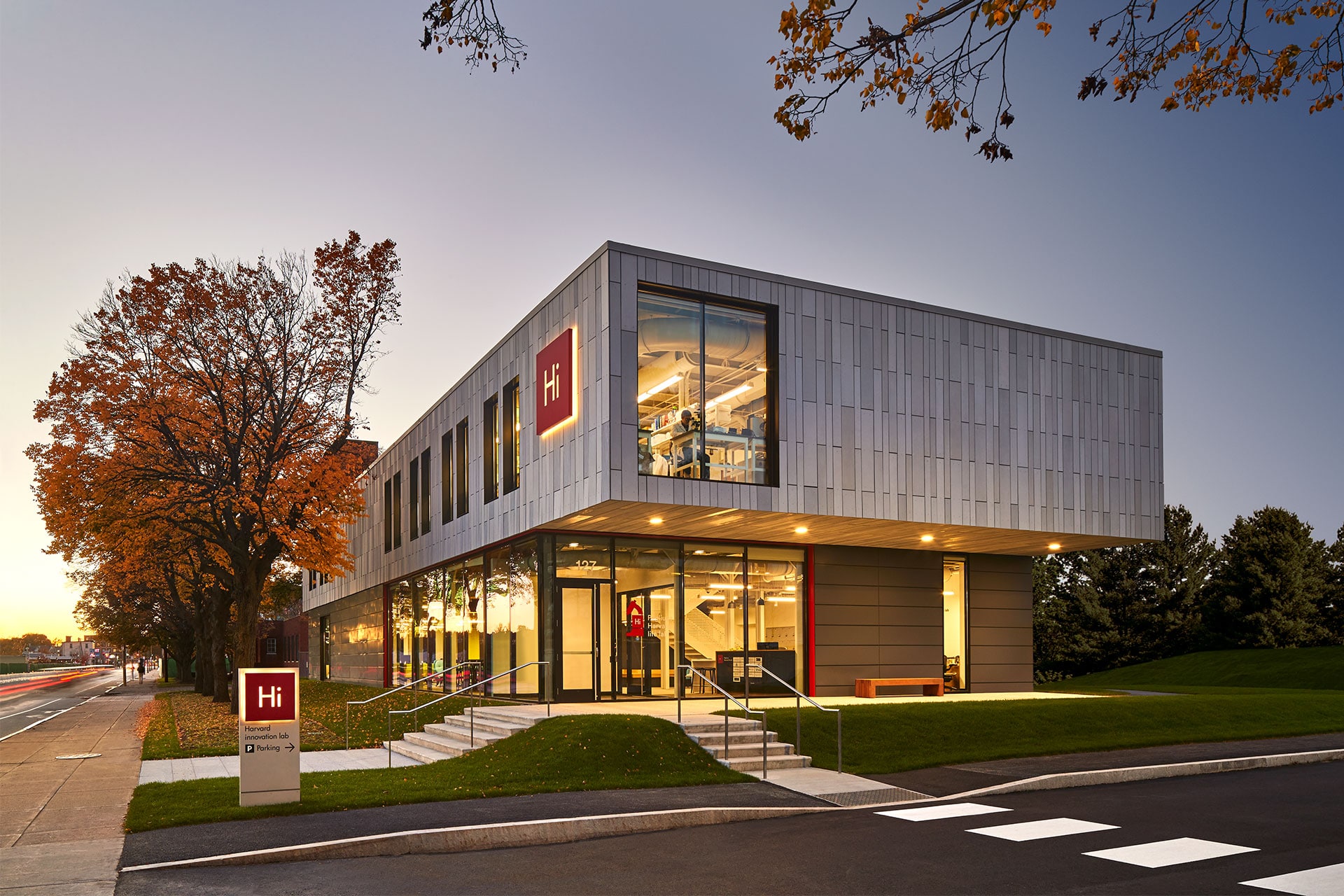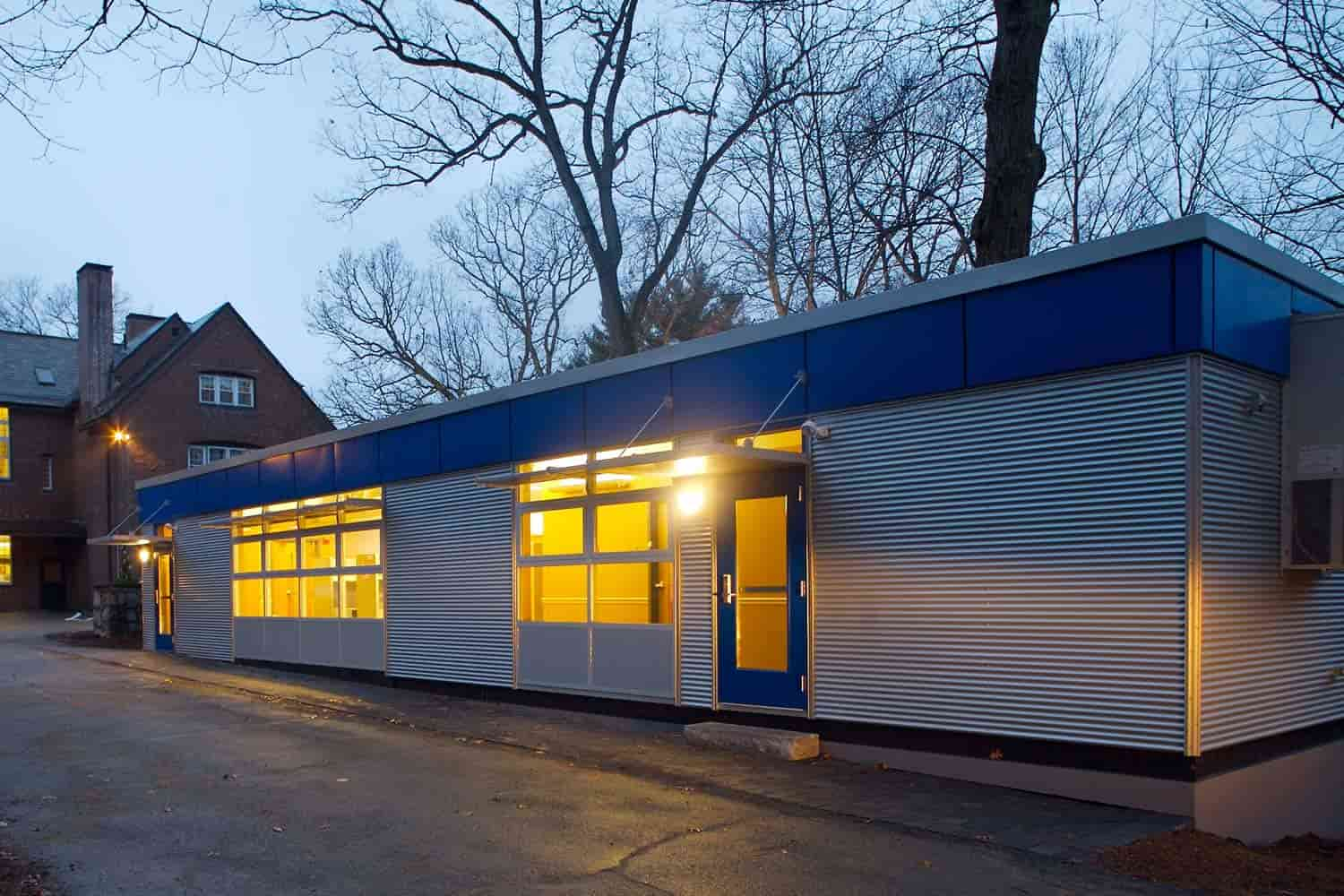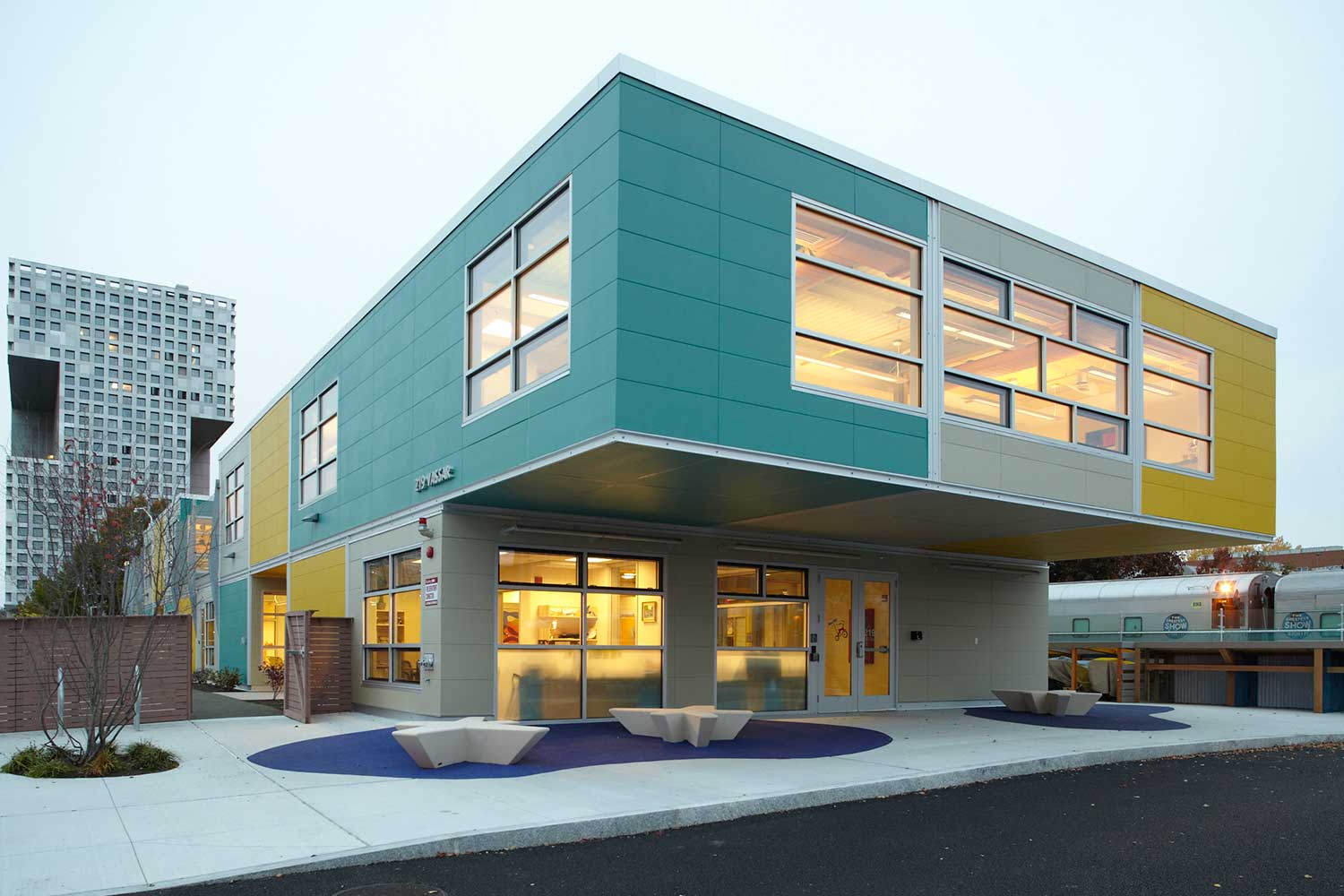Modular Buildings
Traditional construction isn’t the only way to get the building you need. Modular buildings are structures manufactured and built off-site in a factory, rather than at a traditional construction site. Once built, they are then shipped to a building site to be quickly assembled for occupancy.
Modular Building Advantages
Because of the circumstances in which these modular buildings are constructed, they hold several advantages over traditional construction, including:
- Speed to Occupancy – Because modular buildings are largely constructed off-site, the construction process avoids several potential delays that plague traditional construction, such as inclement weather.
- Cost-Effectiveness – Flexible payment plans that avoid larger traditional construction fees for a more cost-effective building process.
- Higher Quality, Controlled Construction – The modular building process itself eliminates the harm caused by certain factors that remain outside of a traditional construction site project manager’s control, such as inclement weather.
- Eco-Friendliness – Traditional construction sites produce significant waste. Using modular building practices, not only is the waste factor reduced, but the materials used in their construction are often more eco-friendly.
Types of Modular Construction
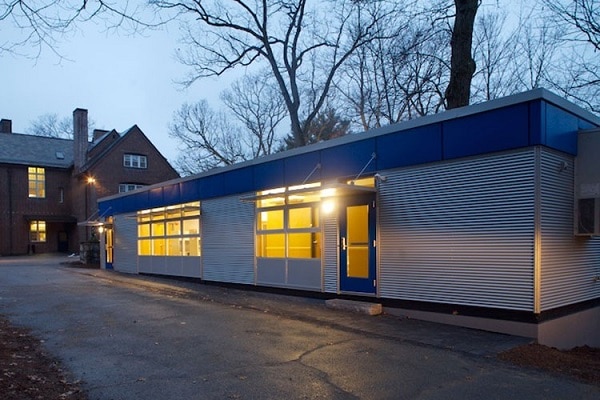
Temporary Modular Buildings
Temporary modular construction provides buildings that meet interim needs for additional space and can be either leased or purchased. Job site trailers, temporary classrooms, temporary offices, and swing spaces are examples of relocatable modular buildings. Temporary buildings are capable of being relocated and repurposed which provides the ultimate flexibility to those with changing needs.
Why Temporary Modular: Temporary modular provides flexibility for those who need space quickly in the short term. It’s also highly relocatable and flexible in situations where the space can be used for something else in the future. When the project is finished, no problem—simply return it to Triumph Modular and you won’t be stuck paying for a building you don’t need anymore!
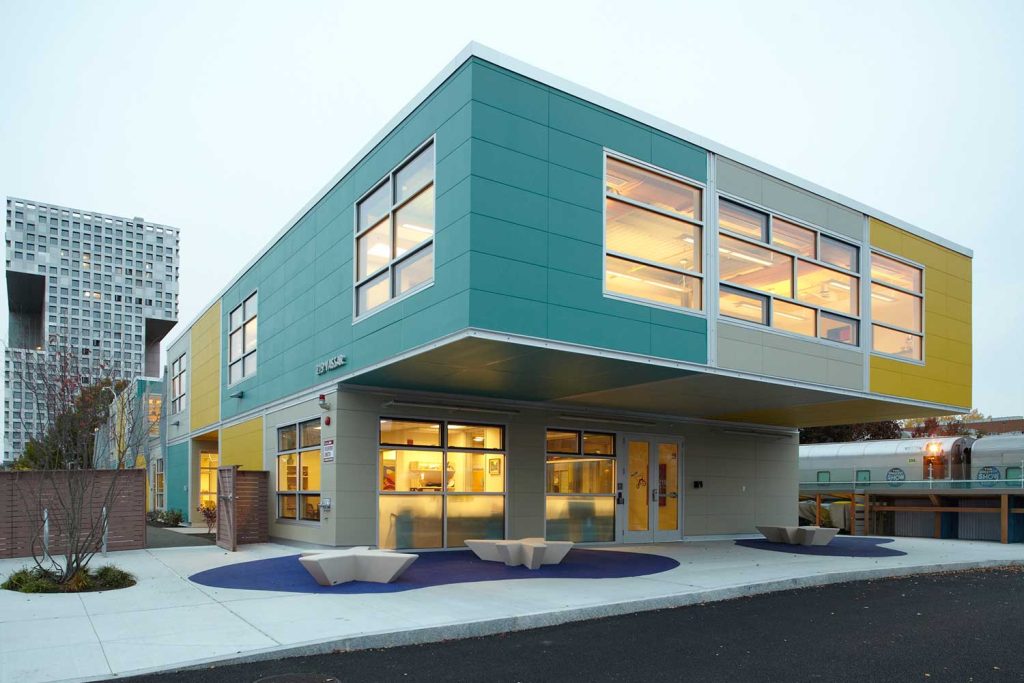
Permanent Modular Buildings
Permanent modular construction is an alternative building method to conventional onsite construction. It is comparable to site-built methods in that it meets international and local building codes and is capable of achieving the same or improved standards of quality. However, since permanent modular buildings are manufactured off-site in an efficient factory environment, they allow owners to occupy their buildings in significantly less time.
Why Permanent Modular: Permanent modular buildings provide a true alternative to traditional construction methods with several added benefits, including faster speed to occupancy, cost predictability, lower environmental impact, and more.
Permanent or Temporary – Which Building Do You Need?
Determining whether you need a permanent or temporary modular building will depend on a few different factors. You’ll want to ask yourself a few different questions:
- “What is my modular building going to be used for?” – For example, if you require a modular building for a construction site office, a temporary modular building will work just fine. For other industries, such as healthcare, a permanent modular building may be more appropriate.
- “How flexible can I be with the design?” – Permanent modular buildings offer more flexibility and customization than their temporary counterparts.
- “What is my budget?” – Typically, permanent modular buildings tend to cost more than temporary ones. Evaluate how much you’re willing to spend to ensure you’re getting the most value out of your modular building.
Who Can Benefit From Modular Construction?
Modular construction continues to make leaps forward—quality has increased significantly over the years, and advances in the industry mean that modular buildings are often just as aesthetically pleasing as their traditional counterparts. Many different industries can find success with permanent modular, including:
- Medical – Hospitals looking to add space quickly as needs change can benefit from modular construction. Temporary modular buildings can also be used as temporary labs in emergency situations.
- Construction – The construction industry is one of the top sectors for modular building use. When it comes to temporary construction offices, temporary modular provides several different types of buildings, from container storage to modular trailers and beyond.
- Education – The needs of schools continue to shift—especially with overcrowding becoming a serious problem. Both temporary and permanent modular construction offers classroom buildings to suit the needs of any school.
- And more—almost any industry can benefit from modular construction!
Get Started With Modular Construction Today
Ready to start your project? Triumph Modular’s experts can help you get set up and guide you through the process. Contact us today for pricing information.

